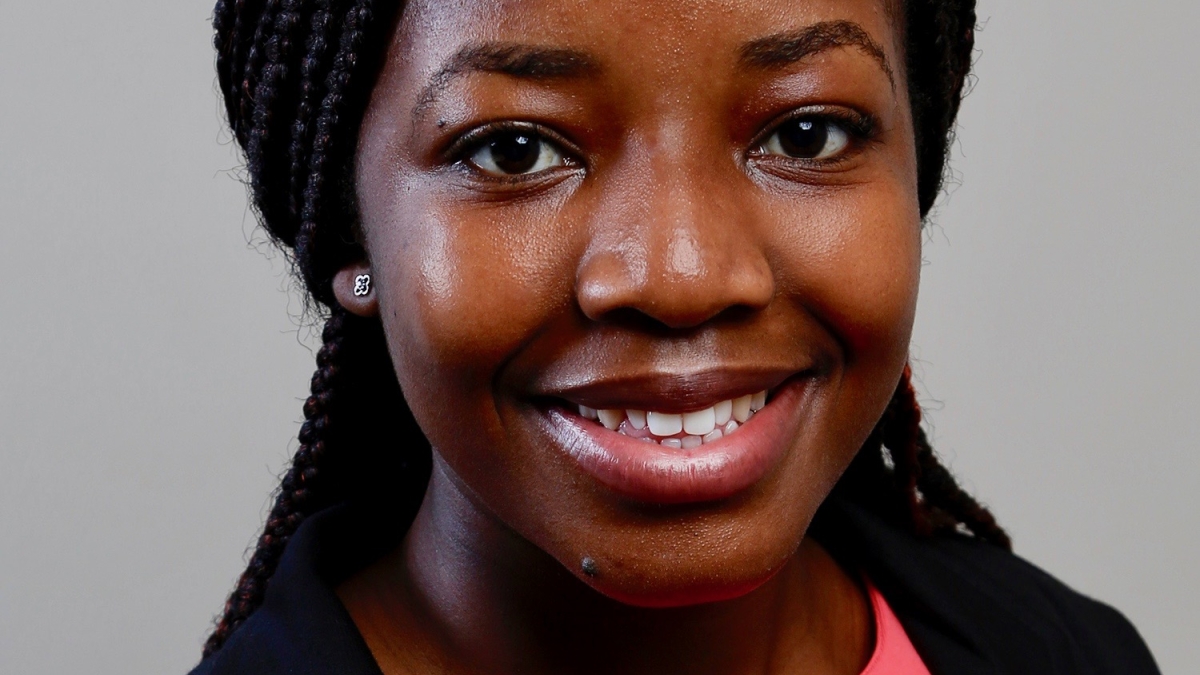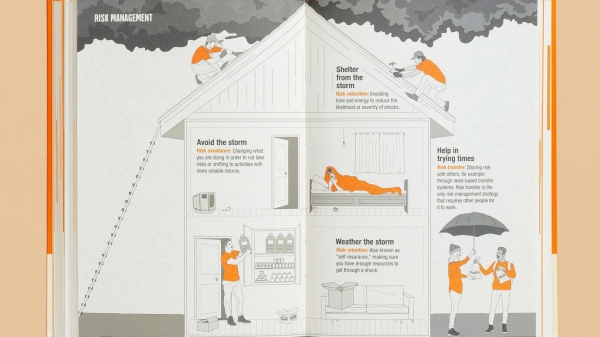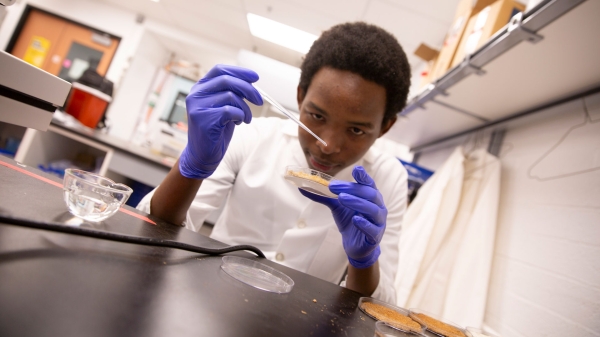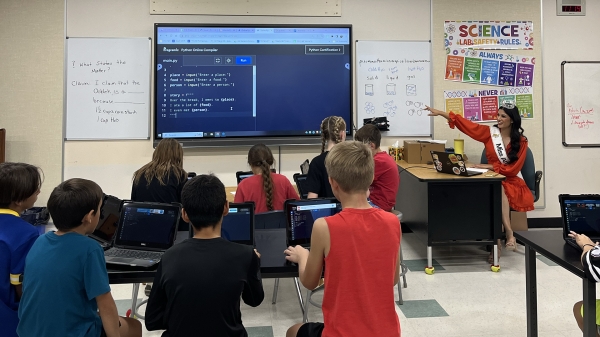Prestigious scholarship for pharmacology doctorate awaits life sciences graduate

Charity Bhebhe recently won a Gates Cambridge Scholarship, one of the most prestigious scholarships in the world. Photo courtesy of Charity Bhebhe
Editor’s note: This is part of a series of profiles for spring 2018 commencement.
Charity Bhebhe is an international student graduating from the Arizona State University School of Life Sciences with an incredible opportunity to make a difference in the world of health care. Bhebhe, a molecular biosciences and biotechnology major, has landed one of the most prestigious scholarships in the world — the Gates Cambridge Scholarship.
As one of only 92 people to win a scholarship this year, she has decided to pursue her doctorate in pharmacology at Cambridge University in the United Kingdom.
Growing up in Zimbabwe, she experienced firsthand the lack of basic resources to treat even minor illnesses. This influenced her decision to study the molecular mechanisms of diseases, in hopes of someday successfully making a difference in the world of health care and disease prevention.
“It has always been my goal to be able to apply my medical research skills in investigating and preventing diseases to improve health care standards and give people from disadvantaged communities like my own a fair chance to fight against disease,” said Bhebhe, a student in Barrett, The Honors College. "I intend to use my training in pharmacology to continue researching molecular and cellular systems involved in disease progression and, consequently, develop therapies for human disease.”
She minored in chemistry at the ASU School of Molecular Sciences.
Question: What was your “aha” moment, when you realized you wanted to study the field you majored in?
Answer: It wasn’t an “aha” moment, but the absence of basic resources to treat minor illnesses in my home country Zimbabwe prompted my desire to develop skills that would allow me to study and understand molecular mechanisms of diseases to successfully prevent them. My goal is to be able to apply my medical research skills in investigating and preventing diseases to improve health care standards.
Q: What’s something you learned while at ASU — in the classroom or otherwise — that surprised you, that changed your perspective?
A: There is a big international community at ASU, and that gave me an opportunity to work with people from diverse backgrounds. I became more accepting and open to learning about different cultures and trying new things.
Q: Why did you choose ASU?
A: ASU’s diverse and inclusive community made me decide to come here. I knew that I was going to fit in somewhere. Also, ASU is also a great school with ample resources to support my education and interests, and I wanted to take advantage of that.
Q: What’s the best piece of advice you’d give to those still in school?
A: Find what you love and take advantage of all the opportunities that ASU has to offer. Also, have fun while you do that.
Q: What was your favorite spot on campus, whether for studying, meeting friends or just thinking about life?
A: The Bean Lab in the School of Life Sciences. It felt like home.
Q: What are your plans after graduation?
A: I am going to get a PhD in pharmacology at the University of Cambridge.
Q: If someone gave you $40 million to solve one problem on our planet, what would you tackle?
A: I would use that money to develop programs to empower underprivileged women and increase their access to education and health care services.
Q: Thinking back over your time at ASU, what challenges did you face, and how did you overcome them?
A: I was homesick a lot. I always reached out to friends and networked whenever I felt homesick, and that made it better.
Q: Are there any particular people, professors, advisors or friends who really supported you on your journey — and what did they do to help?
A: Dr. Heather Bean, my mentor and PI who helped me identify my research interests and gave me a chance to pursue them. She guided and supported me along the way, and I am grateful for all her support. Members of the Bean Lab who helped me with my research and were good friends during the last two and a half years of my undergraduate education. The Mastercard Foundation Scholars at ASU program staff who advised and supported me in every way during the last four years. Ivy Esquibel, my School of Life Sciences adviser who was always there to give advice and listen to me when I was overwhelmed.
Q: Looking back, is there anything you would go back and change?
A: No, my journey wasn’t perfect but it successfully brought me to a beautiful ending, so I wouldn’t change anything about it.
Q: What did ASU provide to you that you think you could not have found anywhere else?
A: The friends and the support system that I have.
More Science and technology

ASU author puts the fun in preparing for the apocalypse
The idea of an apocalypse was once only the stuff of science fiction — like in “Dawn of the Dead” or “I Am Legend.” However…

Meet student researchers solving real-world challenges
Developing sustainable solar energy solutions, deploying fungi to support soils affected by wildfire, making space education more…

Miss Arizona, computer science major wants to inspire children to combine code and creativity
Editor’s note: This story is part of a series of profiles of notable spring 2024 graduates. “It’s bittersweet.” That’s how…